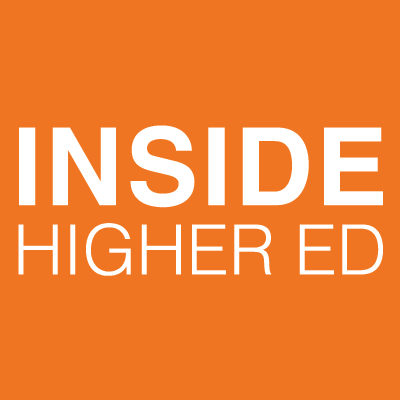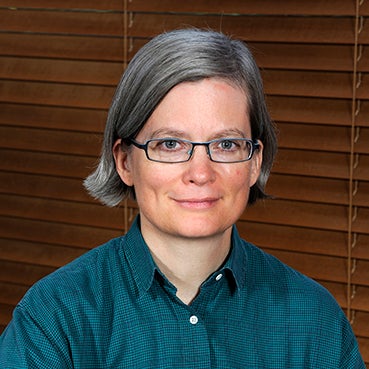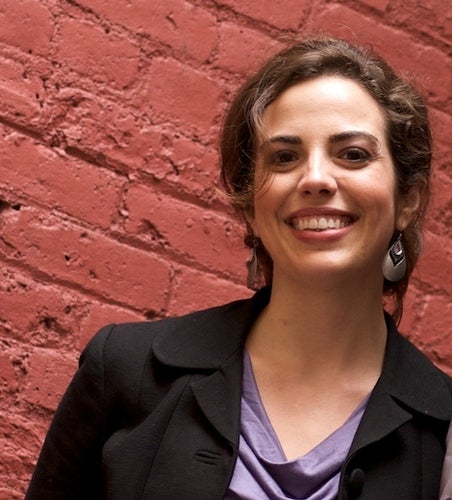This article from the MLA’s Committee on the Literatures of People of Color in the United States and Canada (CLPC) draws on extensive research to offer targeted advice on mentoring first generation PhD students and graduate students of color. In addition to covering issues like producing scholarship, professional development, and the job market, it includes an extensive bibliography…
Category: Mentoring
Supervisor Perspectives: Realistic Advice, Peer Support, and Career Options
This post provides some tips for mentoring PhD students, particularly those struggling with anxiety and other mental health issues. The author suggests that having frank conversations with graduate students right from the time they enter their graduate programs–about the solitary and unsupervised nature of the work, the competitiveness, and the difficult job market–is an important…
Your Job Is Not You
This article discusses the ways in which graduate students internalize the idea that they are their research, and argues that the entanglement of personal and academic identities ultimately does a disservice to people, especially when they try to think about pursuing careers beyond the tenure track. The author encourages people to think about their work as an…
Training Graduate Students in Core Competencies
Wayne State University has developed a system of micro-credentialing, where graduate students receive training in nationally recognized core competencies. Students can add these credentials to their CVs and resumes, showing that they have received targeted training in areas such as research, oral communication, and leadership and professionalism.
Simple Steps to Improve Your Mentoring
This piece by former UM faculty member Anne Krook offers no-nonsense advice on simple steps that faculty can take to effectively mentor students in a changing job market. It argues that simply voicing support for diverse career outcomes can be an important step towards making graduate students feel comfortable pursuing them.
Interview With Leonard Cassuto
Leonard Cassuto is the author of The Graduate School Mess: What Caused It and How We Can Fix It, a thorough diagnosis of the problems affecting graduate school programs, which tend to not adequately prepare students for the jobs they actually end up getting. In this interview, Leonard talks about the history of graduate programs, the…
How to Prepare a PhD for Faculty and Nonfaculty Jobs
This article outlines a case where a PhD student in English entered her program already knowing she would seek employment in the tech industry, and worked successfully to tailor her studies. Although her advisor was used to mentoring students for the tenure track, he altered his mentorship strategies to help the student reach her goals.
Sid Smith, “Breathing Life into the Dissertation”
Director of U of M’s Institute for the Humanities Sid Smith’s Manifesto for the Humanities: Transforming Doctoral Education in Good Enough Times (University of Michigan Press, 2016) is a wide-ranging and compelling examination of the state of graduate humanities training. “Breathing Life into the Dissertation” (pp. 129-143) offers some provocative recommendations for rethinking the dissertation…
Humanities Unbound: Careers and Scholarship Beyond the Tenure Track
The urgency of developing the humanities as a public good is compellingly argued in this essay by Katina Rogers, an expert on scholarly communication practices and professionalization and career development. Her essay draws on statistical data collected from Humanities PhDs working outside the academy, and argues for better advising of graduate students before they apply and as…
Beyond Academia: Professional Opportunities for Philosophers
The American Philosophical Association has released the 2016 version of Beyond Academia—its guide to non-academic career opportunities for philosophers. The guide provides resources for philosophers interested in pursuing careers beyond the tenure track, biographical essays by those who have successfully done so, and recommendations for department chairs and placement officers.











